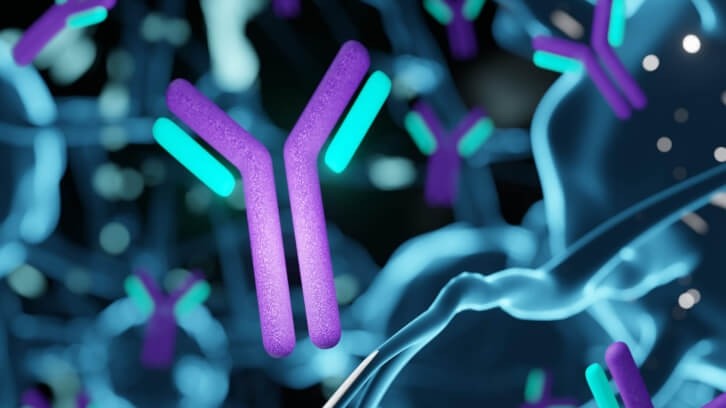CAR-T therapy achieves lupus remission breakthrough

iCell Gene Therapeutics has revealed promising long-term results from a phase 1 clinical trial of its BCMA CD19 cCAR T cell therapy at the European Alliance of Associations for Rheumatology Congress (EULAR) taking place in Vienna, Austria.
How CAR-T Therapies Work
Chimeric Antigen Receptor T-cell (CAR-T) therapy is a treatment that uses a patient's own immune system to fight diseases, particularly certain types of cancers and autoimmune disorders like lupus.
- Cell Collection: T cells, a type of white blood cell crucial for immune response, are extracted from the patient’s blood.
- Genetic Modification: These T cells are genetically modified to express chimeric antigen receptors (CARs) on their surface. CARs are engineered proteins that allow T cells to recognize and attach to specific proteins on the surface of diseased cells.
- Cell Expansion: The modified T cells are then multiplied in the lab to create a sufficient number of CAR-T cells for the treatment.
- Infusion: The CAR-T cells are infused back into the patient’s bloodstream. Once inside the body, they seek out and bind to target cells, such as cancer cells or specific immune cells causing autoimmune conditions.
- Attack and Destroy: The CAR-T cells recognize the diseased cells through the CARs and destroy them. This targeted approach aims to eliminate harmful cells while sparing healthy ones.
This is the first trial to date to show safe elimination of all autoantibodies in patients with systemic lupus erythematosus (SLE) and lupus nephritis (LN). Out of 12 patients treated with the cell therapy, 11 showed complete remission for up to 4.5 years; these patients continue to be fully symptom-free and medication-free.
The results of the trial, which was conducted across two hospitals in China, provide the largest and longest dataset in lupus patients to date.
Safe elimination of autoantibodies and complete remission
“Our BCMA CD19 targeted cell therapy proof-of-concept study is the only trial of which we are aware that has demonstrated the safe elimination of all autoantibodies, delivering complete remission in the vast majority of patients. We are hopeful these results will translate into the breakthrough needed for patients with lupus and other autoimmune diseases,” said Greg Deener, Chief Executive Officer of iCell Gene Therapeutics.
The cCAR-T cell therapy developed by iCell Gene Therapeutics expresses two distinct CAR molecules, one targeting CD19 on B cells and another targeting BCMA on plasma cells. Targeting both types of antibody-producing immune cells simultaneously is what enables the elimination of all autoantibodies in lupus patients.
Advancements in lupus treatment
There are currently no treatments targeting the underlying causes of lupus that can deliver medication-free remission. Standard of care treatments, which consist of prolonged immunosuppression, have substantial side effects including an increased risk of infections and cancer.
In comparison, all patients treated with the cCAR T cell therapy have now recovered their humoral immunity to the same or better level than when they were taking lupus medication. Only two cases of infections were reported among all 12 patients.
In addition, the treatment did not result in cytokine release syndrome, a common side effect of CAR-T therapies where the immune system reacts against the treatment.
Following the sustained success of this proof-of-concept study, the company is planning to file investigational new drug (IND) applications in the US and China in the near future in order to continue the clinical development of the CAR-T cell therapy.











